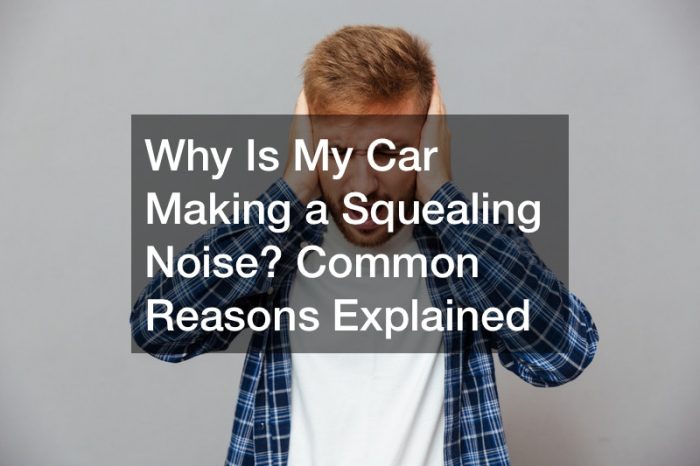Your fellow road users will enjoy being in a secure environment.
Rusty brake pads could develop through contact with dirt road grime, as well as other chemical substances. This could happen if the brake pads have not been properly maintained or there’s never a clean-out from the system of brakes.
Brake pads also tend to rust in the event that they wear down continuously. This could happen very quickly and last anywhere between one to two weeks depending on the amount of time you use your brakes. In time, your brake pads will gradually become rigid and more prone to making rusting noises because of this wear.
Be sure that your brake pads are in great shape during winter driving. The majority of motorists are aware that brake pads are prone to become rusty due to the moisture. If you’re experiencing squealing or grinding sound during the time your car is driven or parked outside over long periods, your car will require mechanical maintenance. This can be prevented by regularly checking the state and condition of the brake pads.
The painted metal surfaces of steel and aluminum can rapidly rust in rain and direct sunlight, especially when a car is outside for extended times. Keep these surfaces free from any rust spots or rust stains as much as possible. You can prevent engine oil from being absorbed into the paint and into your brakes by covering all the area with tarps, blankets and blankets when you are parking your car in conditions of rain. This helps to protect the components of your brakes.
Loud Engine Belts
Engine belts that are noisy could be the reason my car makes an irritating squealing sound. The sound of an engine belt is unbearable. It’s as if the belt rubs your skin and produces a loud squealing sound which you cannot stop hearing. It could be because of the wrong size or tension of the belt, broken timing chain or something more serious such as a damaged water pump. The sound could be prevented with a change in the timing chain cover gasket. But, it comes with risks.
j89weaknou.
